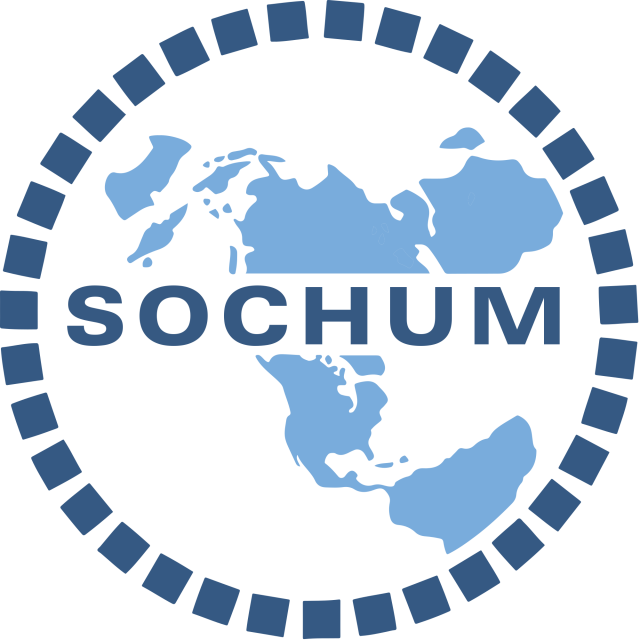Committee Overview
The Social, Humanitarian, and Cultural Committee (SOCHUM) is the Third Committee of the United Nations General Assembly. It was established in 1945 in response to the Universal Declaration of Human Rights. SOCHUM focuses on issues related to basic human rights that should be enjoyed by everyone worldwide. This includes the right to life, the freedom to express cultures, the right to participate in politics, protecting children’s rights, and promoting social development. SOCHUM also deals with issues concerning special groups such as the elderly, people with disabilities, crime victims, and those affected by drugs. SOCHUM aims to create peaceful solutions to social, humanitarian, and cultural problems around the world. It studies human rights issues, listens to experts, and works with other UN agencies to create resolutions that influence practices in member states. SOCHUM also initiates studies which encourage recommendations for the promotion of international cooperation and fundamental freedoms for all.
Topic A: Global Brain Drain
Brain drain, also known as human capital flight, happens when skilled workers and educated individuals leave their country to find better job opportunities, a higher standard of living, or a safer environment. This can also happen within countries, as rural areas often struggle to attract skilled individuals. Brain drain creates several challenges, including the loss of talented workers and a decrease in innovation and productivity. This makes it harder for certain countries to develop or maintain important sectors like healthcare, education, science, and technology. It also leads to an unfair distribution of talent across the world. Although shifting population dynamics can help share knowledge when people return home or work with others from their home country, not everyone returns. This loss of expertise is a problem for many countries today. Delegates are tasked with understanding the main reasons for brain drain and finding ways for countries to work together to address it.
Topic B: Protecting the Independence of Justice Systems
In some countries, political leaders try to gain more control over the court system. Personal attacks or intimidation against judges and lawyers are common in authoritarian regimes, where leaders act without accountability. Judges may be appointed or removed by those in power, which allows some leaders to influence court decisions for personal benefit. It is thus important to have transparent and fair systems for appointing judges based on qualifications. However, legal outcomes can still be manipulated. This raises questions about how global standards can be used to monitor the integrity of judicial systems. Authoritarian governments may resist international attention, while democracies might overlook problems within their own systems. Countries going through political transitions may need help to build their legal systems, prevent judicial abuses, and support victims of injustice. To work towards Sustainable Development Goal 16 (peace, justice, and strong institutions), justice systems should be transparent, accessible, and rooted in local communities. Until this is achieved, SOCHUM delegates should consider how the United Nations can create protections for legal workers at risk and respond quickly when needed.

